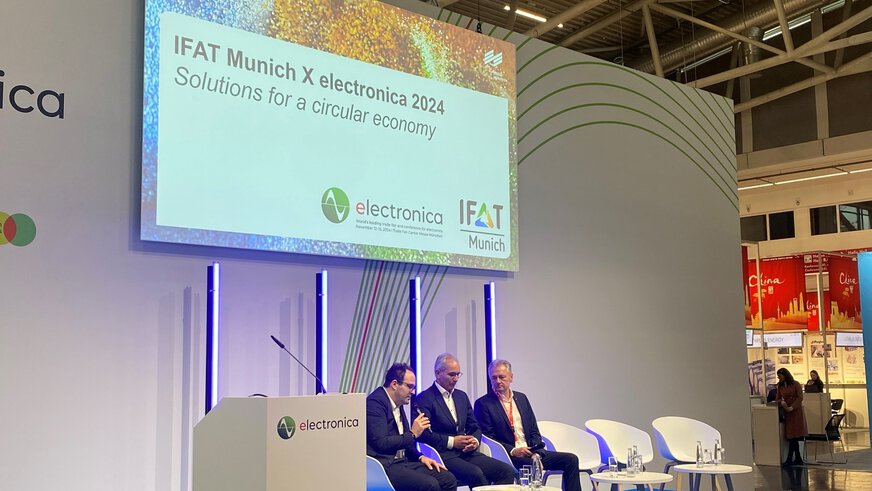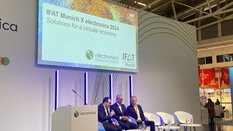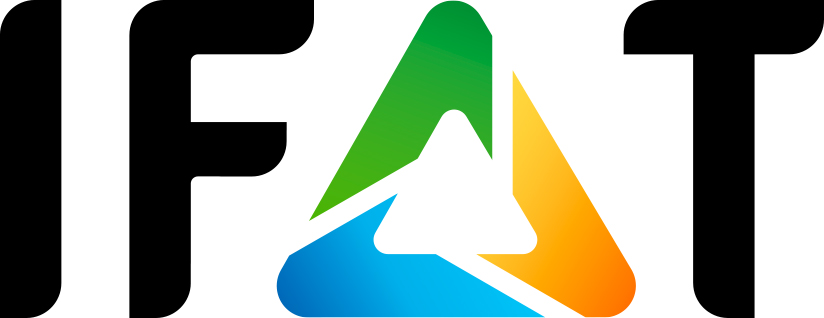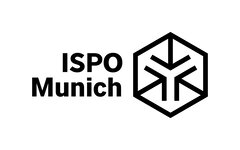IFAT Munich cross-industry sessions - solutions for a circular economy
In order to address the major problems of our time such as climate change, species extinction and environmental pollution, we need new ideas and solutions. We have to question how things are made, used and ultimately disposed of. With the cross-industry sessions, IFAT Munich shines a spotlight on new solutions from a wide range of sectors and industries on the way to a circular economy.
IFAT Munich X electronica 2024
Batteries in the EU: challenges for manufacturers, distributors and recyclers
What challenges do manufacturers, distributors and recyclers of batteries face? What obligations does the EU Battery Regulation with its extended producer responsibility impose on economic operators? How efficient is battery recycling today and how must products be designed so that recycling can be successful - keyword "Designed for Recycling"? Is it possible to earn money with battery recycling? In this panel, our experts will provide an insight into the battery cycle from production to end of life and second use.
When: 12.11.2024 from 14:30 - 15:00 pm
Where: electronica Stage A4.360
Language: english
Speaker
Impressions of the IFAT Munich cross-industry session at electronica










IFAT Munich X
After three successful IFAT Munich cross-industry sessions at the OutDoor by ISPO, digitalBAU conference and ISPO Munich, topics from the sporting goods and construction industries, among others, will be continued at this year's IFAT Munich 2024. An extensive program over the entire trade fair week from 13th to 17th. May 2024 will focus intensively on the questions of which solutions we need for a functioning circular economy and which sectors need to come into closer contact with each other.
Programm IFAT Munich 2024
13.05.24 Monday
- 10:30-12:20am Green Stage, C4.339/538
SusTech Consult
Circular Republic
- 15:30-16:30pm Cross Industry Lounge, C3, North Entrance
ONE PLANET BUSINESS by WWF
- 17:00-17:50pm Green Stage, C4.339/538
BDI Initiative Circular Economy (BDI-CE)
German Association for Waste Management (DGAW)
textil+mode
14.05.2024, Tuesday
- 10:30am-12:20pm Green Stage, C4.339/538
SusTech Consult
- 14:00-16:00pm C62a
BDI Initiative Circular Economy (BDI-CE)
15.05.2024, Wednesday
- 10:30-10:50am Green Stage, C4.339/538
- 11:00am-12:20pm Green Stage, C4.339/538
SusTech Consult
BDI Initiative Circular Economy (BDI-CE)
- 12:30-12:50pm Green Stage, C4.339/538
- 16:30-16:50pm Green Stage, C4.339/538
- 17:00-17:50pm Green Stage, C4.339/538
BDI Initiative Circular Economy (BDI-CE)
textil+mode
16.05.2024, Thursday
- 11:00am-12:30pm Cross Industry Lounge, C3, Entrance North
BDE Federation of the German Waste, Water and Cicular Economy Management Industry
IFAT Munich X ISPO Munich
Textile recycling: a compelling challenge
Textile recycling cannot be managed by one company, one institution, one industry. It is a matter of systems, network and collaboration across many different actors. IFAT Munich connects experts from the recycling and sporting industry and dives into the topic of circularity and its challenges. Our third cross-industry session took place on November 29, 2023 at ISPO Munich.
- 1:00- 1:45 p.m. Green Stage, Hall A1
Panel: Textile recycling - a compelling challenge
In view of scarce raw materials, increased material costs and high environmental relevance, one wonders how the textile industry can become more circular? How can you work in a resource-saving way in textile production? How can textiles be recycled?
The aim of this panel is to get various points of view that reflect different challenges or aspects of textile recycling.
Speaker:
Kim Scholze (Moderation)
Chief Marketing and Sales Officer of Sympatex
Ruth Oberrauch
Vicepresident Oberalp Group
Marc Schubert
COO und Deputy Chief Executive Officer, Looper Textile Co.
Nicole Kösegi
Management Consultant, solutions for business - 2:00 - 2:45 p.m.
eXchange - Revolutionizing Sustainability: Oberalp Group's road towards Circularity
An eXchange with Alexandra Letts, Sustainability Manager at Oberalp Group Spa (SALEWA - DYNAFIT - WILD COUNTRY - POMOCA - EVOLV – LAMUNT)
Join us for a thought-provoking exchange with Alexandra Letts, Sustainability Manager at Oberalp Group, a renowned sports and equipment company in Bolzano, Italy. In this exclusive interview with Natascha Zeljko, Co-Founder of the Circular Economy Initiative CIRCULAZE, she'll delve into Oberalp's pioneering journey in sustainable innovation. Learn how they've made Circular Economy the linchpin of their strategy, reshaping product design and lifecycle extension to reduce emissions, including CO2.
- 3:00 - 4:30 p.m.
On Tour - guided Sustainability/Circularity Tour at ISPO Munich
- 4:30 p.m.
Get Together / Networking powered by IFAT Munich and CIRCULAZE
Impressions of the IFAT Munich cross-industry session at ISPO








IFAT Munich X OutDoor by ISPO
The first IFAT Munich Cross-industry session entitled "Recycling strategies in the sporting goods industry - what's up? Status quo, opinions and solutions" took place at OutDoor by ISPO 2023 on June 4.
The two experts Dr.-Ing. Julia Hobohm, Managing Director of Gemeinsame Rücknahmesystem Servicegesellschaft mbH and Kim Scholze, Sales Officer of Sympatex discussed the development of a textile recycling infrastructure beyond the outdoor borders, as only the entire textile industry can provide the necessary quantities (tons) for recycling facilities.
Missed the presentation? No problem, because we recorded it as a video podcast.
Impressions of the IFAT Munich cross-industry session at Out-Door by ISPO








IFAT Munich X digitalBAU conference & networking
Not only in the sporting goods industry, but also in the construction industry there is great potential for optimization in terms of sustainable production processes, recycling strategies and circular economy.
Buildings and infrastructure are an important, man-made store of raw materials. In terms of climate and resource protection, this treasure must be harnessed and put to good use. The environmental technologies presented at IFAT Munich every two years can be used for precisely this purpose.
That's why our second cross-industry session took place at digitalBAU conference & networking. The topic was: "Circular economy in construction: the contribution of digital technologies."
Speaker:
- Felix Heiden, Managing Director Wastebox
- Dr Ansgar Niehoff, Head of the Technology Innovation Lab, REHAU New Ventures
- Miki Yokoyama, Managing Director Aurum Impact
- Bruno Rudnik, Manager Director SusTech Consult
- Manuel Götzendörfer, Managing Director von BEFIVE by UnternehmerTUM, Venture Director TUM Venture Lab Built Environment
- Moderation: Jan Küster, Director at the Founders Fight Club
You missed the presentation? No problem, because we recorded it as a video podcast.
Impressions of IFAT Munich cross-industry session at digitalBAU networking & conference
















